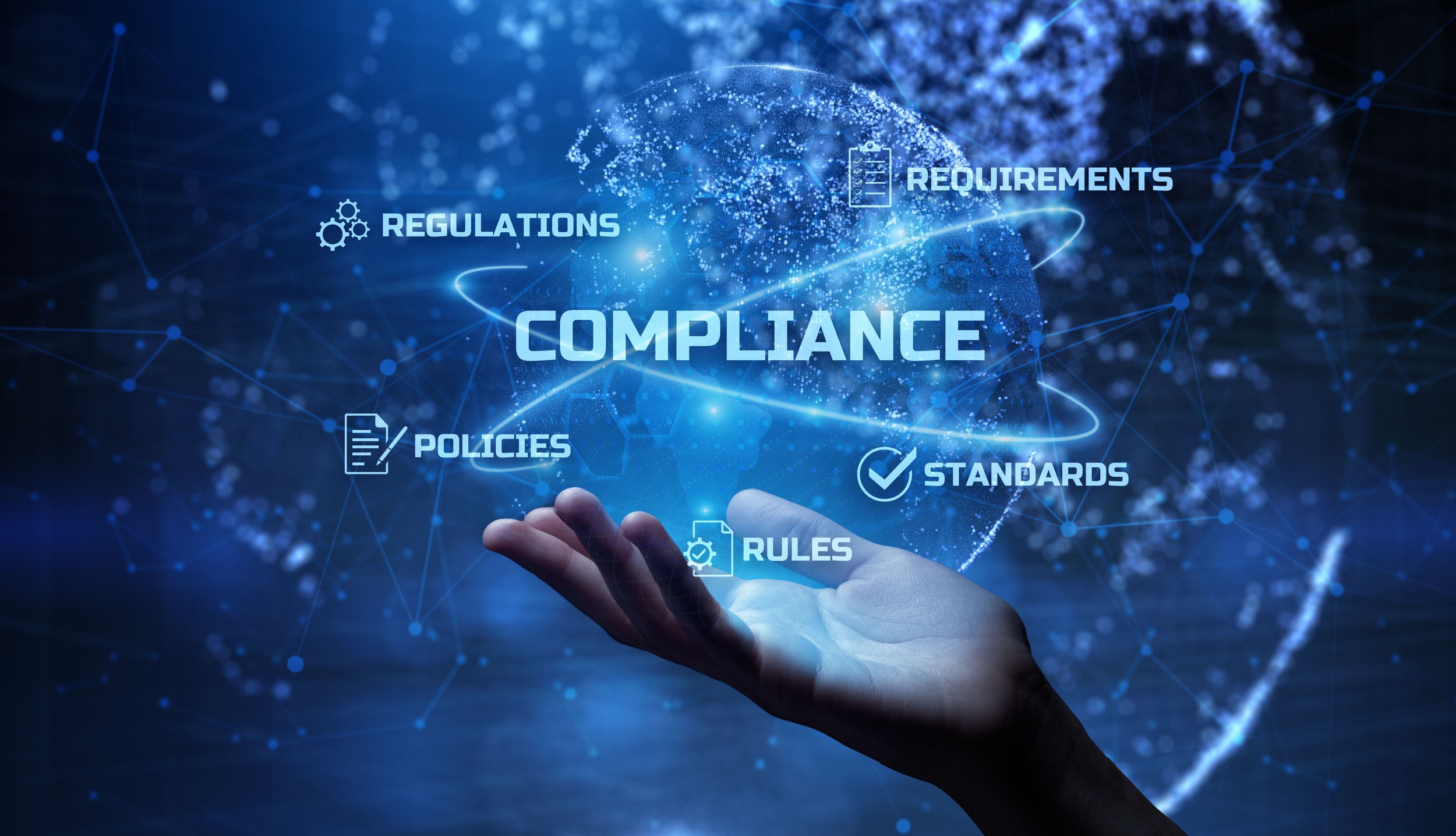My Two Cents: Lessons from ABA's Formal Opinion 512 - A Follow-Up!
/there will be many Collaborative discussions on ABA Formal Opinion 512's impact on legal practice!
This post is a follow-up to last week's editorial on my experience with the AI sessions at the American Bar Association's (ABA) 2024 Annual meeting. Today, I'll delve deeper into ABA's Formal Opinion 512 and explore its implications for legal practitioners.
Building on Prior Model Rules
ABA's Formal Opinion 512 builds on several foundational Model Rules of Professional Conduct. These include:
Model Rule 1.1 (Competence): Lawyers must provide competent representation, which now explicitly includes understanding the benefits and risks associated with relevant technology.
Model Rule 1.6 (Confidentiality of Information): Lawyers must make reasonable efforts to prevent the inadvertent or unauthorized disclosure of, or unauthorized access to, information relating to the representation of a client.
Model Rule 5.3 (Responsibilities Regarding Nonlawyer Assistance): Lawyers must ensure that nonlawyer assistants, including AI tools, comply with the professional obligations of the lawyer.
Breakdown of ABA Formal Opinion 512
Tech-savvy lawyer reviews ethical implications of AI under ABA Opinion 512.
1. Competence
Formal Opinion 512 emphasizes that competence in legal practice now extends to a lawyer's understanding and use of technology. Lawyers must stay informed about changes in technology that affect their practice areas. This includes:
Understanding AI Capabilities: Lawyers must understand the capabilities and limitations of AI tools they use.
Continuing Education: Lawyers should engage in ongoing education about technological advancements relevant to their practice.
2. Confidentiality
The opinion underscores the importance of maintaining client confidentiality when using AI tools. Key points include:
Risk Assessment: Lawyers must assess the risks associated with using AI tools, particularly concerning data security and privacy.
Vendor Due Diligence: Lawyers should conduct due diligence on AI vendors to ensure they comply with confidentiality obligations.
Lawyers will be Debating AI ethics and compliance for the foreseeable future!
3. Supervision
Lawyers are responsible for supervising the AI tools and ensuring they are used ethically. This includes:
Oversight: Lawyers must oversee the AI tools to ensure they are used appropriately and do not compromise ethical standards.
Accountability: Lawyers remain accountable for the outcomes of AI-assisted tasks, ensuring that AI tools do not replace human judgment.
4. Communication
Effective communication with clients about the use of AI is crucial. Lawyers should:
Inform Clients: Clearly inform clients about the use of AI tools in their cases.
Obtain Consent: Obtain informed consent from clients regarding the use of AI, especially when it involves sensitive data.
ABA's Formal Opinion 512 signals that AI is now essential in legal practice, but it also underscores the importance of maintaining ethical standards when using it.
Final Thoughts
ABA's Formal Opinion 512 is a significant step in ensuring that lawyers remain competent and ethical in an increasingly digital world. By emphasizing the need for technological proficiency, confidentiality, supervision, and clear communication, the ABA reinforces that staying updated with technology is not optional—it's a matter of maintaining one's bar license. Lawyers must embrace these guidelines to provide the best possible representation in the modern legal landscape.


















